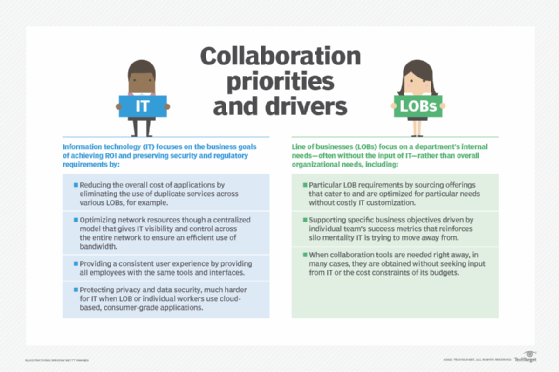LOB (line of business)
What is a line of business (LOB)?
Line of business (LOB) is a general term that describes the related product or services a business or manufacturer offers. A company that manufactures solid-state disk drives, for example, might claim its LOB is data storage.
An LOB serves a particular business need or a particular customer transaction. In insurance, for example, an LOB may be used to designate a statutory set of insurance policies and not a specific business unit.
Other definitions for line of business
An LOB application refers to one of the sets of critical computer applications that are vital to running an enterprise. LOB applications are usually large programs that contain a number of integrated capabilities and tie into databases and database management systems.
Alternatively, in some large enterprise cultures, the term line of business or LOB is used as a synonym for corporate division.
Finally, LOB applications on mobile computers are sometimes used to process transactions on site with a customer to minimize the use of paper. An example would be mobile route accounting.

Examples of line of businesses
The following is a set of examples of LOBs for various industries that both serve consumer needs and contribute to business strategy and growth.
Consumer banking
Consumer banking organizations often have a number of LOBs to serve consumers' financial needs. A few examples of product lines include the following:
- credit cards;
- line of credit or loan program;
- mortgages; and
- corporate, small business and personal bank accounts.
Financial services and brokerages
Typically, the LOBs for a financial services brokerage cater to higher net worth individuals or businesses and aim to help them grow their wealth by investing in various assets that produce additional income. Examples include the following:
- mergers and acquisitions or partnerships;
- real estate investments; and
- wealth management.
Property and casualty insurance companies
Insurance companies often have multiple LOBs, depending on which types of insurance they are authorized to sell. Insurance empowers owners to protect their assets financially from loss, damage or theft. Examples include the following:
- property and casualty insurance (i.e., homeowners, car, boat, renters, etc.);
- life insurance;
- health insurance; and
- commercial business insurance.








